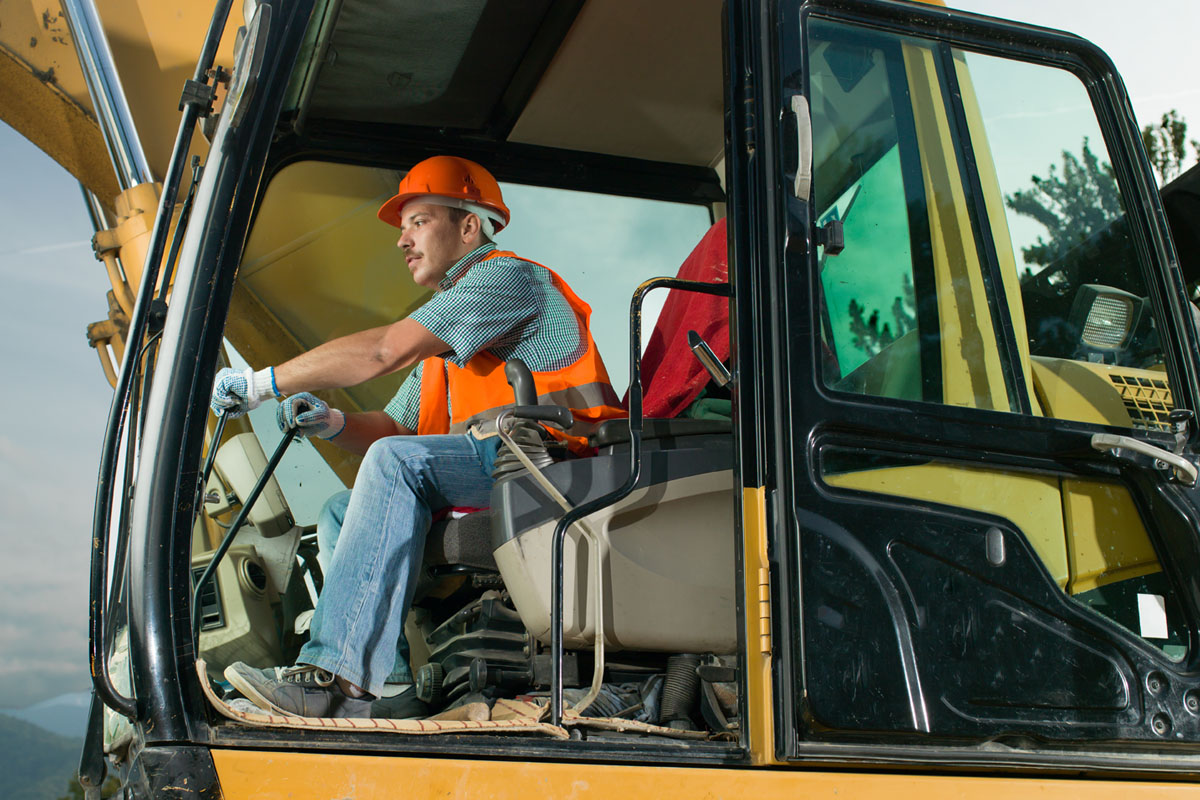Lifting Operations
Lifting operations refer to the processes and activities involved in moving heavy objects or loads from one place to another using mechanical equipment.
These operations are commonly found in industries such as construction, manufacturing, logistics, and transportation. LOLER is a set of regulations in the United Kingdom that governs the safe use of lifting equipment and the management of lifting operations. These regulations were introduced in 1998 and apply to a wide range of industries and workplaces where lifting activities are performed.
The main objective of LOLER is to ensure the safety of people involved in lifting operations, including workers and others who may be affected by those operations. The regulations place responsibilities on various parties involved in lifting, including employers, self-employed individuals, equipment owners, and those responsible for planning and supervising lifting operations.
Who is it for?
Employers, LOLER places responsibilities on employers who have control over lifting operations or lifting equipment within their workplace. They are responsible for ensuring that lifting operations are planned, organized, and conducted safely, and that the necessary measures are in place to protect the health and safety of their employees and others affected by the lifting activities.
What we offer!
We can offer you a fully qualified Lifting appointed person (AP) to conduct an assessment on your lifting operations within your organisation and can create detailed lift plans that outlines the necessary steps and precautions for safely executing a lifting operation for excavators, tower cranes, lifting gantry’s and many more. We can also create a Lifting operations Lifting Procedure to suit your organisation.
3 most common failures in lifting operation accidents
Inadequate Risk Assessment
Failing to perform a proper risk assessment before lifting operations can result in unforeseen hazards. Factors such as unstable ground conditions, environmental factors, or insufficient space can contribute to lifting failures if not properly considered.
Overloading
One of the most common lifting failures is overloading equipment beyond its safe capacity. This can lead to structural failures, equipment malfunctions, or dropped loads, resulting in accidents and injuries.
Lack of Training
Insufficient training and knowledge of proper lifting procedures can contribute to lifting failures. Workers may not understand the correct techniques for using equipment, securing loads, or assessing weight limits, increasing the risk of accidents.

Lifting Operations – Example
Mike is an experienced excavator operator employed by a construction company. He is assigned to lift and move heavy construction materials using an excavator equipped with a lifting attachment. The company has a responsibility to ensure that safe lifting procedures are in place and communicated to all operators.
However, on this particular day, the organization neglects to provide Mike with proper training and guidance on safe lifting practices using the excavator. There are no clear instructions or established methodologies for lifting operations with the equipment.
Testimonial
I cannot imagine there is a better consultancy out there to assist in bridging the gap within Health, Safety & Wellbeing. A unique approach certainly benefited us on a large-scale project in 2022
FAQs about Lifting Operations
A lifting operation refers to any activity that involves the use of lifting equipment to lift, lower, or move loads. It includes tasks such as hoisting objects with cranes, operating forklifts, or using other types of lifting machinery.
The responsibility for ensuring the safety of lifting operations typically falls on the employer or the person in control of the workplace. They are responsible for providing appropriate equipment, training, and supervision, as well as ensuring compliance with relevant regulations and standards.
A lift plan is a detailed document that outlines the necessary steps, precautions, and considerations for safely executing a lifting operation. It helps identify potential risks, allocate resources effectively, and ensure proper communication and coordination. A lift plan is essential for promoting safety, compliance, and efficiency in lifting operations.
LOLER stands for the Lifting Operations and Lifting Equipment Regulations. It is a set of regulations in the United Kingdom that aims to ensure the safe use of lifting equipment and the management of lifting operations.



